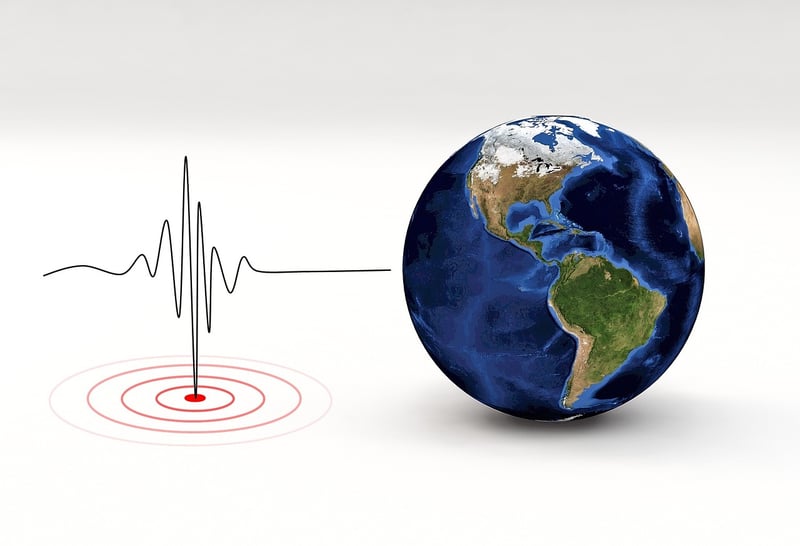Evacuation Plans
Strategies for Handling Emergencies Effectively + Evacuation Plans
Introduction
Emergencies can happen at any time and being prepared is crucial for ensuring the safety of yourself and those around you. Having a solid plan in place for handling emergencies and knowing how to evacuate in case of a disaster is essential. Here are some strategies to help you handle emergencies effectively and create evacuation plans.
1. Stay Informed
One of the most important strategies for handling emergencies is to stay informed. Keep track of weather updates, news alerts, and any other relevant information that could help you prepare for potential emergencies.
2. Create a Communication Plan
Establish a communication plan with your family, friends, or colleagues. Make sure everyone knows how to reach each other in case of an emergency and establish a meeting point if you get separated.
3. Build an Emergency Kit
Prepare an emergency kit that includes essential items such as water, non-perishable food, first aid supplies, a flashlight, batteries, and any necessary medications. Keep the kit in an easily accessible location.
4. Know Your Evacuation Routes
Familiarize yourself with evacuation routes in your area. Identify multiple ways to exit your home or workplace and have a designated meeting place outside the area in case of evacuation.
5. Practice Emergency Drills
Regularly practice emergency drills with your family or colleagues. This will help everyone understand their roles and responsibilities during an emergency and ensure a smoother evacuation process.
6. Stay Calm and Follow Instructions
In case of an emergency, try to stay calm and follow instructions from authorities or emergency personnel. Panicking can lead to poor decision-making and put you at greater risk.
7. Help Others
If you are safe and able to do so, offer assistance to those who may need help during an emergency. This could include elderly individuals, children, or individuals with disabilities.
Conclusion
Being prepared and having a clear plan in place for emergencies is key to ensuring the safety and well-being of yourself and others. By following these strategies and creating an evacuation plan, you can better handle emergencies and minimize the impact of unexpected events.

Remember, preparedness is key when it comes to handling emergencies. Stay informed, stay calm, and have a plan in place to protect yourself and your loved ones.
